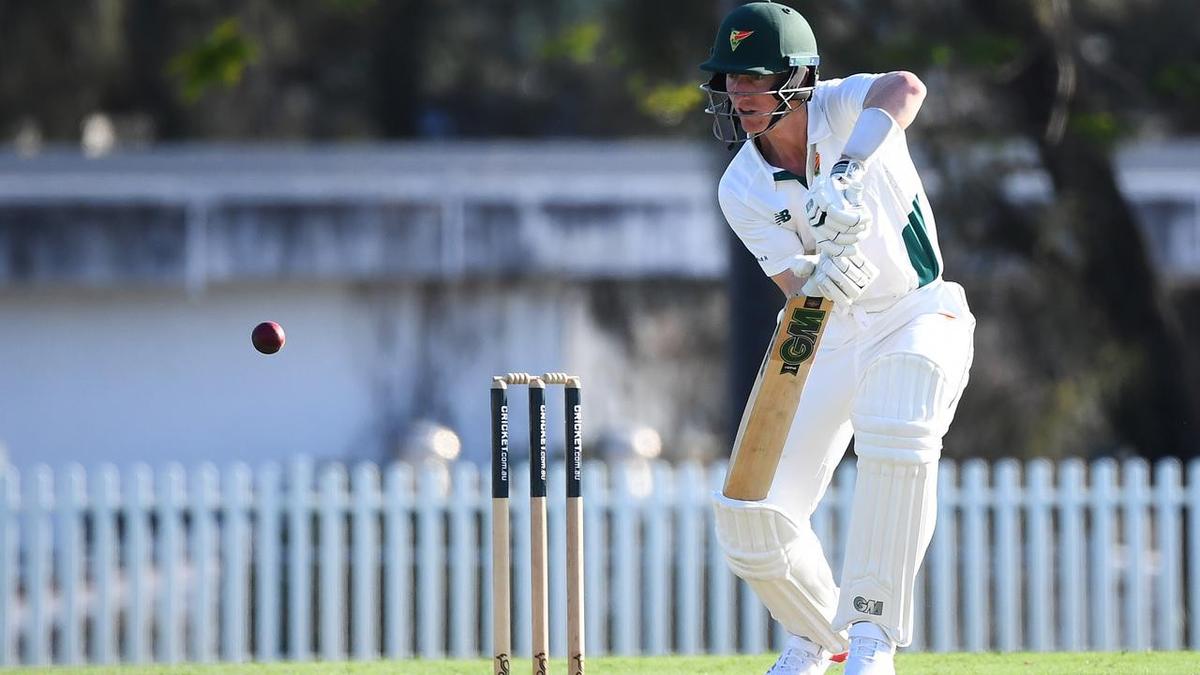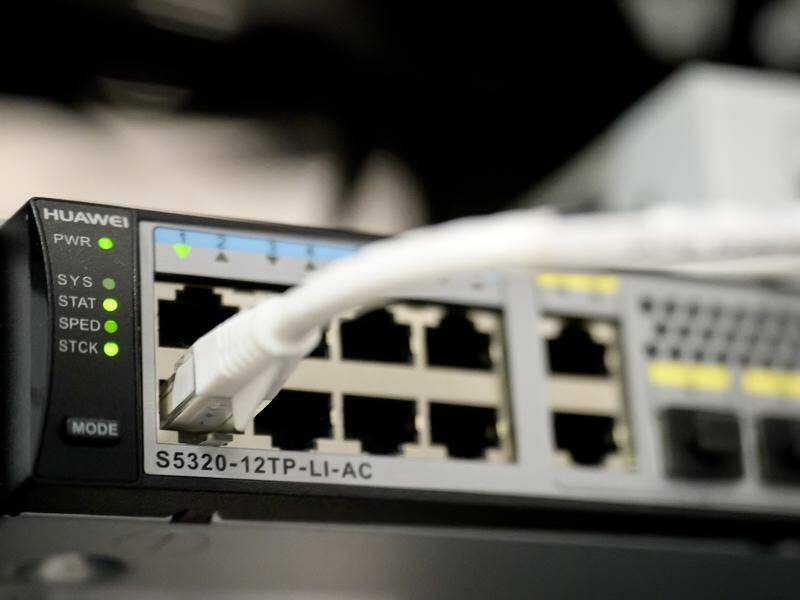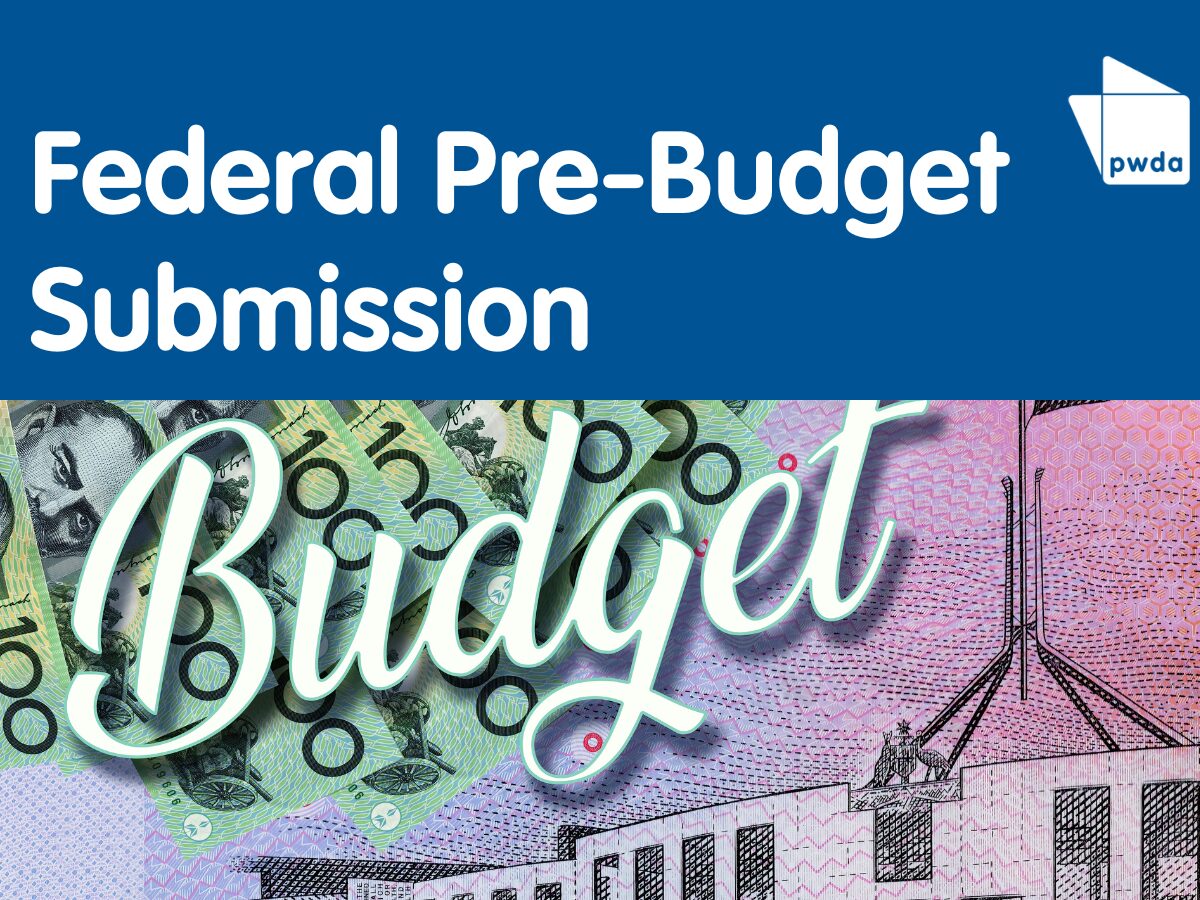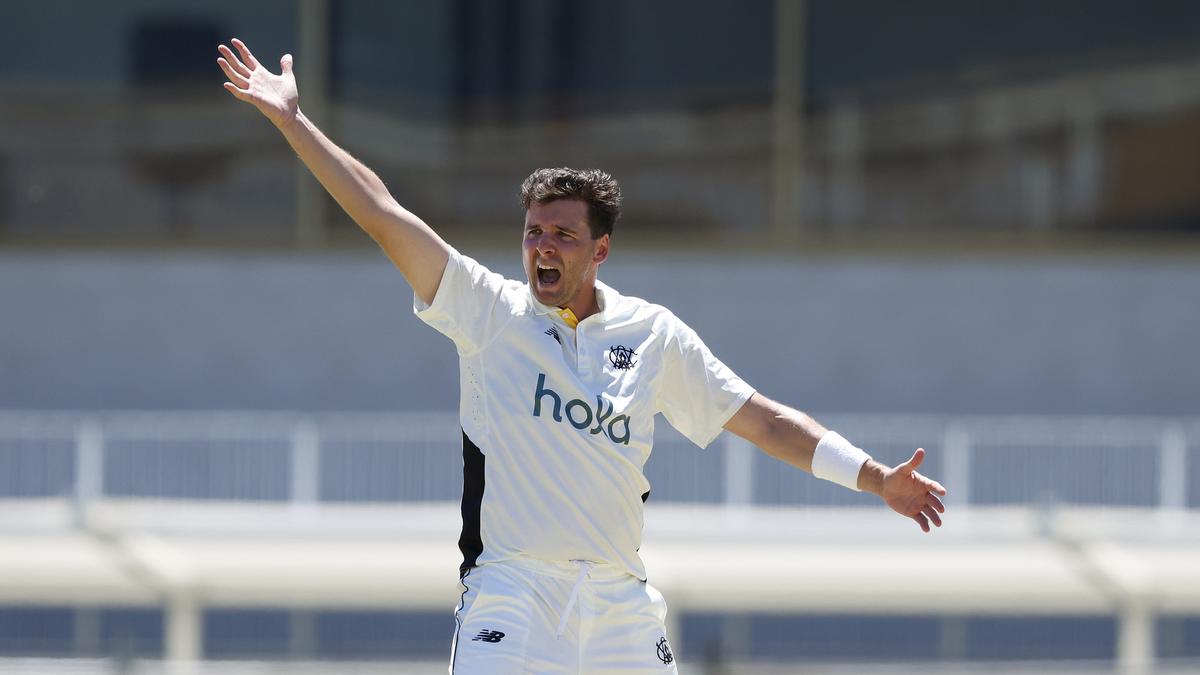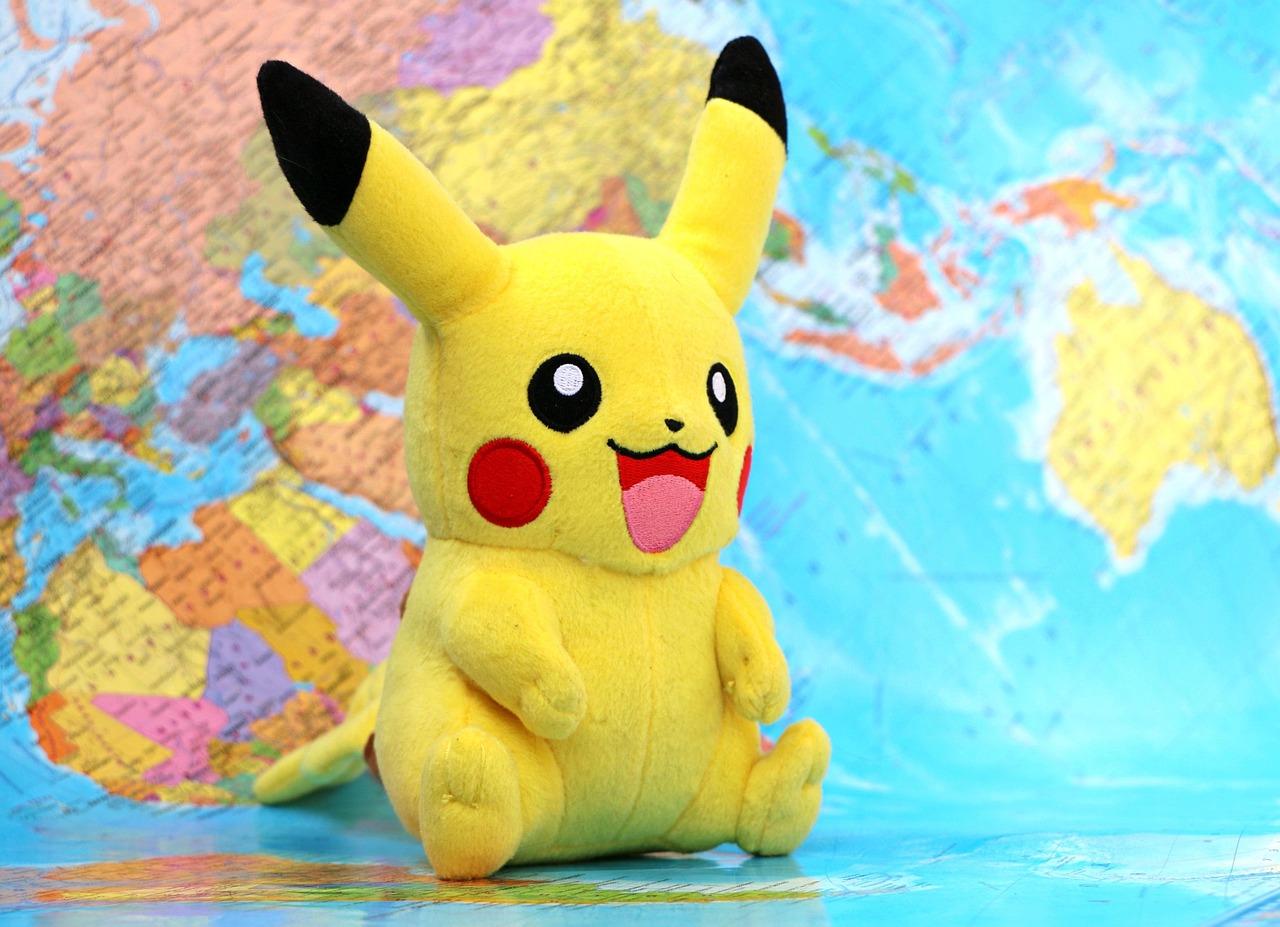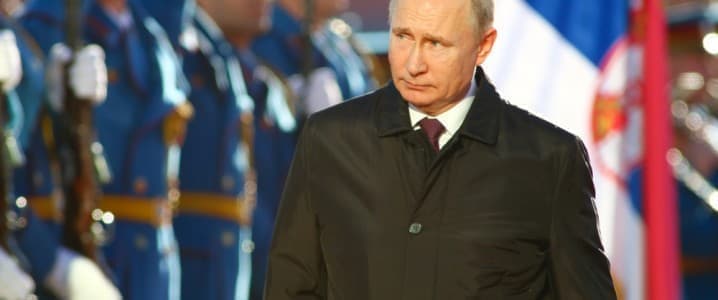
U.S. President Donald Trump has suggested that Russia should agree to a cease-fire in Ukraine within a dramatically shortened timeframe of “10-12 days.” This announcement, made on July 28, 2023, during a meeting with British Prime Minister Keir Starmer in Scotland, comes amid escalating violence in Ukrainian cities, raising questions about the Kremlin’s intentions.
Trump’s remarks follow an earlier ultimatum he issued, where he warned Russian President Vladimir Putin to either agree to a cease-fire or face “very severe tariffs.” He also proposed imposing tariff increases on nations buying Russian energy exports. However, the Kremlin’s response to Trump’s latest comments was notably muted. Spokesman Dmitri Peskov acknowledged Trump’s statements without providing further detail, stating that the Kremlin had “taken note” of them. He declined to comment on Trump’s assertion that he was “no longer interested” in dialogue with Putin.
Political analyst Boris Pastukhov interprets the Kremlin’s silence as a strategic move, suggesting that Putin is waiting to see how Trump will act. “Putin is waiting,” Pastukhov remarked. “To know what to say next, he needs to understand exactly how Trump plans to behave.” This uncertainty reflects Trump’s history of shifting deadlines, particularly regarding tariffs.
While Trump expressed disappointment with Putin’s actions, it remains unclear whether he will adjust the deadline again or what measures he would take if he chose to act. Tariffs on Russian goods would likely have minimal impact, as Russia exports very little to the United States. The Kremlin could endure such pressure, but secondary sanctions could complicate Trump’s relations with other countries, notably China and India, which are significant buyers of Russian oil.
Pastukhov indicated that Putin is deliberately keeping his options open, making it difficult for the Kremlin to predict Trump’s next move. “Trump isn’t just unpredictable to ordinary people—he’s unpredictable to the Kremlin as well,” he noted.
In the absence of a clear response from Moscow, Russian media and lower-level officials have reiterated defiant rhetoric. The newspaper Komsomolskaya Pravda claimed that Trump’s approach might work for “regional conflicts” but is inappropriate for Russia or China. Dmitri Medvedev, former president and current deputy head of the Security Council, cautioned Trump against “playing the ultimatum game with Russia,” emphasizing that “Russia is not Israel or Iran.”
As Trump proposed a shortened deadline, he reiterated his disappointment with Putin, echoing sentiments from earlier threats. Analysts, including Michael McFaul, a political science professor and former U.S. ambassador to Russia, have expressed skepticism regarding the effectiveness of Trump’s strategy. McFaul pointed out that countries like China and India are unlikely to pressure Putin to halt military actions in Ukraine, noting that “the expectation that they will pressure Putin to end his war in the next 50 days seems naive.”
Following Trump’s comments, Ukraine experienced renewed airstrikes, with reports of attacks on a hospital in Kamyanske and a prison in the Zaporizhzhya region, resulting in at least 17 casualties. Russian media on July 28 continued to emphasize that military operations would persist.
Despite Trump’s urgent ultimatum, the Kremlin’s silence and ongoing military actions indicate that Moscow remains unyielded to external pressures. The unfolding situation underscores the complex dynamics at play in the Russia-Ukraine conflict and the challenges facing international diplomacy.
